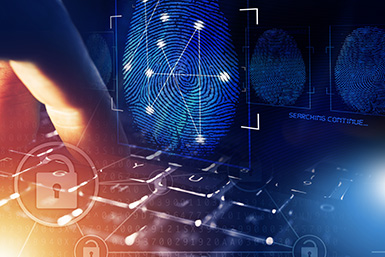Self-sovereign identity (SSI) is a decentralized approach to digital identity management that emphasizes individual control and ownership over personal data. In contrast, digital identity (DI) typically involves the use of centralized systems, such as those employed by social media platforms, governments, and financial institutions, to manage and authenticate identity.
Why SSI is superior to digital identity:
- Control: With SSI, individuals have full control over their personal data, including what data is shared, who it is shared with, and for how long. This gives individuals greater privacy and security than with centralized systems where data may be shared or accessed without their consent.
- Portability: SSI enables individuals to carry their identity with them wherever they go, regardless of the platform or service being used. This allows for greater flexibility and convenience, as well as reducing the need for individuals to create and manage multiple identities across different systems.
- Interoperability: SSI is designed to be interoperable across different systems and platforms, making it easier to use and integrate with other technologies. This can facilitate the development of new applications and services that rely on identity verification.
- Trust: SSI is built on trust networks, where identities are verified by trusted parties rather than centralized authorities. This can help to reduce the risk of fraud and identity theft, as well as promoting greater transparency and accountability in identity management.
Overall, SSI offers a more secure, flexible, and user-centric approach to identity management than traditional digital identity systems.

